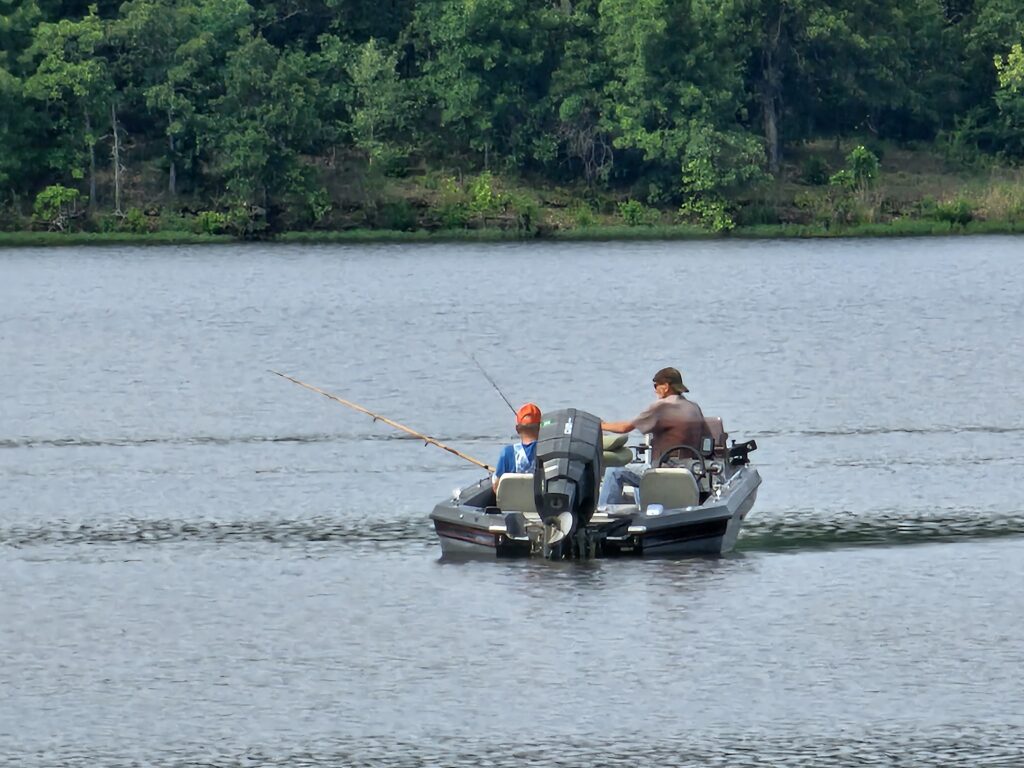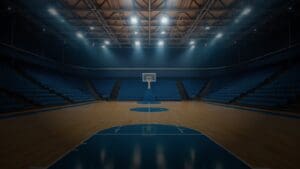Now that the summer recreational season is upon us, here are some boating safety tips:
According to the Oklahoma Insurance Department, “Operator inattention, improper lookout, operator inexperience, excessive speed and machinery failure rank as the top five primary contributing factors in boating accidents.”

The following tips are from the OID.
- No matter what activity you have planned – boating, fishing sailing, etc. – always remember to wear a life jacket every time you are on the water. Make sure your life jacket is U.S. Coast Guard-approved and fits properly. Double-check that your life jacket is appropriate for your favorite boating activities.
- Adult life jackets do not work for children. If you are boating with children, make sure they are wearing properly fitted, child-sized life jackets. Do not buy a life jacket for your child to “grow into.”
- Operator errors account for 70 percent of boating accidents. Look into taking a safety course to brush up on boating instructions.
- Learn how to perform a vessel safety check before taking to the water, which will help you navigate should you encounter problem situations. All vessels using flammable liquid as fuel are required to have the proper type, size and number of fire extinguishers on board.
- Wear clothes that will help keep you and your passengers cool and always bring plenty of cool non-alcoholic drinks, food and snacks.
- The use of alcohol is involved in about a third of all recreational boating fatalities. Boating sober is the safest way to enjoy the water.”
According to the Nationwide Insurance website, the following items should be aboard your boat:
Flashlight – A flashlight and extra batteries can help you see around your boat in the dark and allow you to be seen if you run out of fuel or if your craft stalls.
Duct tape – Spring a leak? Temporarily bandage the hole with duct tape.
Bucket – Even if the boat isn’t leaking, water may otherwise enter the vessel. A bucket can help you bail it out.
First aid kit – A properly equipped first aid kit, plus the knowledge on how to use it, is vital in case of an accident or medical emergency.
Whistle – As a recognized signal calling for help on the water, a waterproof whistle is another must-have.
Ropes – These are critical for pulling someone in who has fallen overboard, securing your craft to the dock and tying down loose items in extreme weather.
Mirror – A mirror or any reflective object can signal for help.
Garbage bags – Use them as rain ponchos and protection for items on board.
Fire extinguisher – Just because you’re on the water doesn’t mean you can’t have an onboard fire. All passengers should know the location of your fire extinguisher and how to use it.
Life jackets – You should have a U.S. Coast Guard-approved life jacket for every person on board.







